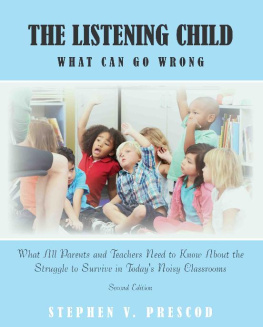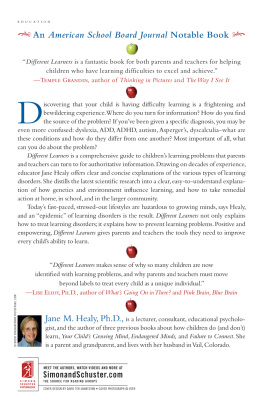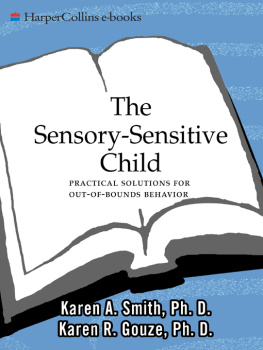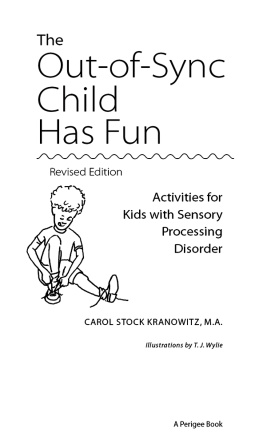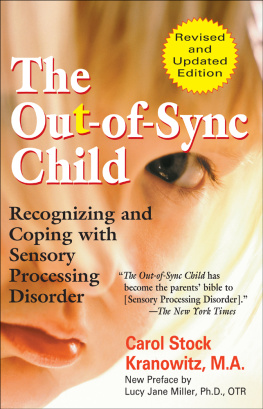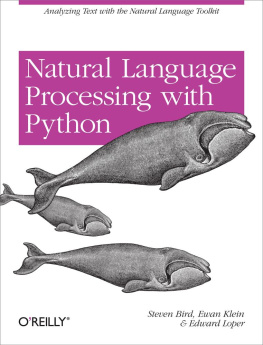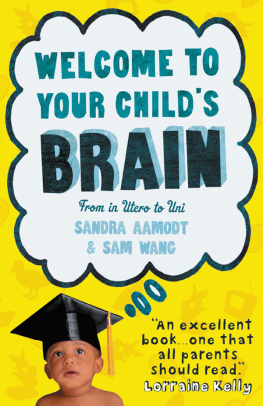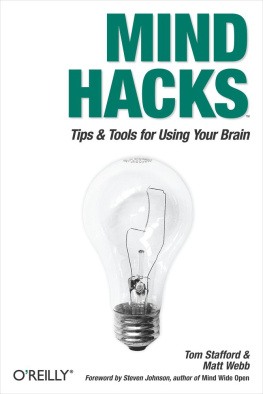

THE LISTENING CHILD
Copyright 2018 Stephen V. Prescod
All rights reserved. No part of this book may be used or reproduced by any means, graphic, electronic, or mechanical, including photocopying, recording, taping or by information storage and retrieval system without the written permission of the author except in the case of brief quotations embodied in critical articles and reviews.
Stratton Press, LLC
1603 Capitol Ave, Suite 310,
Cheyenne, WY 82001
www.stratton-press.com
1-888-323-7009
Because of the dynamic nature of the Internet, any web addresses or links contained in this book may have changed since publication and may no longer be valid. The views expressed in the work are solely those of the author and do not necessarily reflect the views of the publisher, and the publisher hereby disclaims any responsibility for them.
Any people depicted in stock imagery provided by Shutterstock are models, and such images are being used for illustrative purposes only.
ISBN (Paperback): 978-1-64345-230-2
ISBN (Ebook): 978-1-64345-231-9
Printed in the United States of America
Contents
Part I
Speech and Hearing Development
PART II
Beyond the Ear
PART III
MANAGEMENT
Dedication
To my one and only grandson Benjamin
SVP
Foreword
A ttention Deficiency Disorder (ADD), Central Auditory Processing Disorder (CAPD), problems related to information acquisition and retention, and a host of other learning and comprehension difficulties are all related to listening ability. Every day, teachers are faced with these problems in the classroom from kindergarten to high school. Parents, too, encounter these difficulties when they assist their children with assignments. These learning difficulties have an impact on the lives of many students.
The problem is that teachers who teach large classes, which now seem to be the norm in many educational jurisdictions, often detect these problems too late. Typically, children who experience learning problems give up in frustration or develop ways of dealing with their inability to listen effectively. They often try to cover up their deficiencies or compensate for them in various ways, for example, by faking knowledge or exhibiting aggressive behavior, both are symptomatic signs that students may be experiencing difficulties.
Teachers often have little time to spare for one-on-one remediation and are untrained or uninformed about the processing problems young listeners are experiencing in the noisy classroom. Many teachers at the elementary school level remain insensitive to the needs of these underachieving pupils as they are termed. In some cases, pupils with defective physical, emotional, or psychological capabilities are stigmatized and left behind to fend for themselves. The discovery of such problems often comes too late for the implementation of meaningful measures aimed at undoing the damage done to the childs self-esteem.
Dr. Stephen Prescods book is an impressive comprehensive study of auditory processing disorders from which both a professional and a layperson can benefit. Dr. Prescod gives a thorough explanation of the physical mechanism associated with the childs auditory system and offers a carefully crafted explanation of the intricate physiological and perceptual processes that are involved in auditory communication (processes that communicators usually take for granted). He also goes on to explain the processes involved in how the child interprets and responds to information. Furthermore, he also explains how the child deciphers the myriad peripheral stimuli which impinge on the auditory system during his neuromaturational development as the child becomes increasingly aware of his environment.
Dr. Prescod reduces the technical language to a minimum so that the reader, whether a parent, teacher or academic, is able to understand very complex processes involved. He takes an incremental approach to the discussion of the problems encountered and encapsulates his findings in clear language. He then goes on to offer a number of practical suggestions and realistic solutions. Given his attention to detail and the well-explained methodology he proposes, the material in this book can be applied by any teacher, either trained or untrained, in dealing with the skills of effective listening and comprehension.
This book is an essential handbook for teachers of young children. Instructors at the elementary level informed by the material discussed in this book are more likely to interact with children in a sympathetic way and with a sharper focus on the process of listening. They will also be able to cooperate meaningfully with professional practitioners who offer remedial procedures. Knowledge of the potential problems and suggestions for their solutions will, I hope, dispose teachers to show more sensitivity to children who experience difficulty with auditory processing. No doubt, it will take the cooperation of parents, teachers, educators, and allied professionals if the child is to derive the maximum benefit from the implementation of solutions so clearly and methodically communicated in this work. I congratulate Dr. Prescod on his timely treatment of a subject that will remain topical as long as society considers it a priority to teach children to listen and to communicate effectively.
Leonard Adams, Ph.D. and Dip. Ed. in London University
Professor Emeritus, University of Guelph, Ontario, Canada
Preface
T his book is a response to questions from hundreds of concerned parents and teachers as well as clinicians in the communication disorders field who are baffled by the behavior of certain childrenchildren who, despite having normal hearing and intelligence, behave as though they were hearing-impaired and are seriously falling behind academically. These children have difficulty understanding what they are told. They seem to mishear speech and interpret information inaccurately which often leads to misunderstandings. They are socially isolated and at times labeled as daydreamers, slow, lazy, or unintelligent. Many of them behave as if they had a hearing impediment, yet hearing tests reveal that their hearing is normal. Still, since they persist in saying, What ? or Huh ? or I dont understand , and at times, appear so lost when trying to comprehend simple instructions that teachers and parents are convinced they have a hearing problem. In fact, these children have what is known as a central auditory processing disorder (CAPD). This is a problem of impaired listening due to poor processing capabilities.
The ability to interpret information accurately is closely linked to auditory processing. In order for normal processing to occur, a number of cognitive auditory abilities must interact with fine-tuned precision at the cortical level with one objective, that is, to ascribe meaning to sound stimuli arriving at the brain. The efficient operation of these central abilities contributes to the normal auditory processing capabilities of the individual. How intelligently a child functions, depends on the speed and efficiency with which these central abilities are executed.
With normal auditory processing activity, the child listens intently as central auditory abilities interact with remarkable speed and efficiency to attribute meaning or symbolic significance to incoming stimuli. When these processes fail, and the central abilities perform with less than normal precision due to whatever prevailing conditions, the child is said to have a central auditory processing disorder or a performance deficiency in signal reception. This disorder or deficiency limits the childs ability to ascribe meaning to incoming stimuli so that he or she is neurologically impeded on expressive, receptive, and integrative levels from acquiring meaning. It is not surprising, then, that children affected, in this way have such great difficulty responding to simple commands and expressing themselves adequately through language. Indeed, no one really knows how they actually hear and attribute meaning to sound at all. It is clear, however, that with a defective auditory mechanism, it is bound to have a serious impact on a childs ability to learn.
Next page
